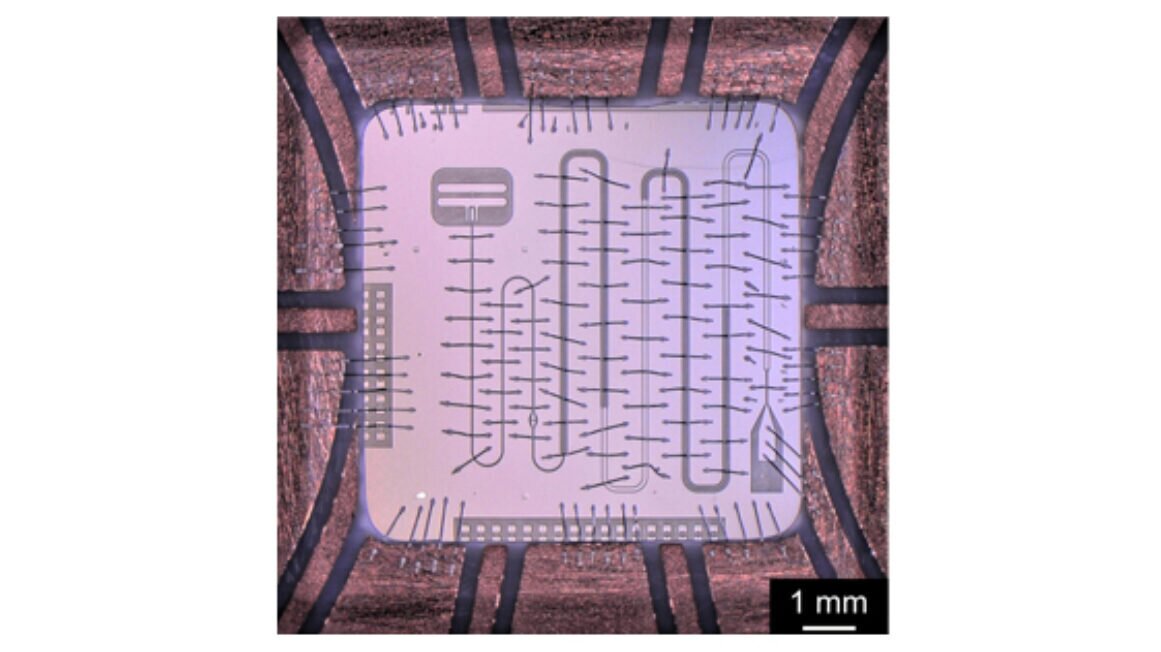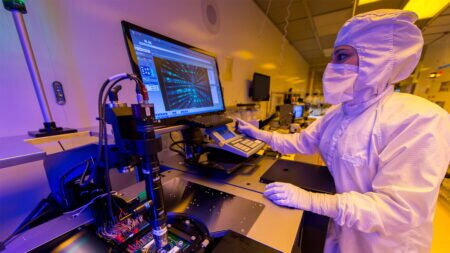Although fault-tolerant quantum computers are projected to be years to decades away, processors made from tens to hundreds of quantum bits have made significant progress in recent years, especially when working in tandem with a classical computer.
These hybrid quantum/classical systems could enable technical disruption soon by superseding the best classical-only supercomputers in solving difficult optimization challenges and related problems of interest to defense, security, and industry.
DARPA is sponsoring a live webinar on Tuesday, April 11, 2023, to highlight an Advanced Research Concept (ARC) topic called Imagining Practical Applications for a Quantum Tomorrow (IMPAQT). Registrants will have the opportunity to hear from government experts, university professors, and industry-leading quantum hardware providers as well as participate in live question-and-answer sessions.
“We’re billing the webinar as a help day for quantum algorithmists,” said DARPA Innovation Fellow Alex Place, who is leading the event. “Building on successes of DARPA’s ONISQ (Optimization with Noisy Intermediate-Scale Quantum devices) program, the webinar’s goal is to spark innovative ideas and discuss new concepts for making near-term intermediate scale quantum computers, as well as sought-after fault tolerant processors, practical and useful for solving real problems. We’re encouraging teams from academia and industry who have expertise in quantum algorithms or a practical problem that could be mapped to a quantum processor to engage with IMPAQT.”
For more technical details, view the IMPAQT Webinar special notice: https://sam.gov/opp/6532c39cfc3848bcb8182c2dc1155ece/view. To register, visit: https://events.sa-meetings.com/IMPAQT. Registration closes Friday, April 7, 2023 at 12:00 PM EDT.
IMPAQT is the first of many anticipated DARPA ARC topics. The ARC initiative is designed to speed the pace of innovation by rapidly exploring and analyzing a high volume of promising new ideas. For more information about ARC, to view the open IMPAQT solicitation, and to see new topics as they become available, visit www.darpa.mil/arc.
The ARC topics are managed by DARPA’s innovation fellows, who include recent Ph.D. graduates (within five years of receiving a doctorate) and active-duty military with STEM degrees. To learn more about the DARPA Innovation Fellowship, current fellows, and how you can apply to become a fellow visit: www.darpa.mil/innovationfellowship.









